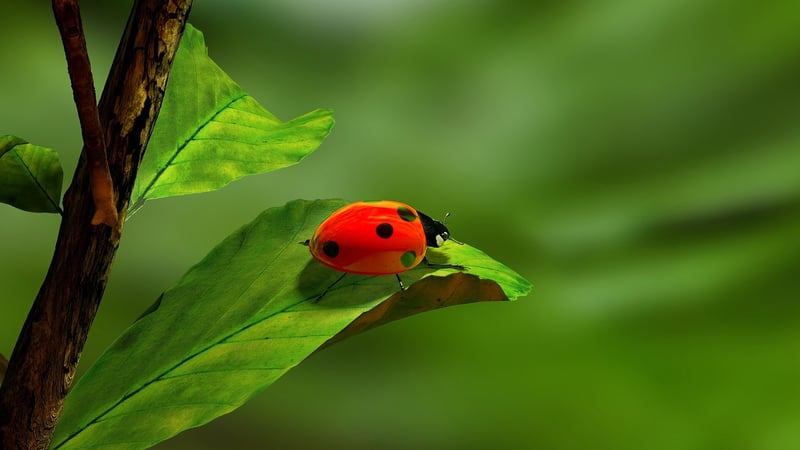Pest Control
Keep Your Garden Thriving with Effective Pest Control

Having a lush and vibrant garden is a joy for any homeowner or gardening enthusiast. However, pests can quickly wreak havoc on your carefully nurtured plants if left unchecked. Implementing an effective pest control strategy is crucial to keep your garden thriving and flourishing. Here are some tips to help you maintain a pest-free garden:
1. Identify Common Garden Pests
Before you can effectively control pests in your garden, you need to identify the common culprits. Common garden pests include aphids, snails, slugs, caterpillars, and spider mites. Each type of pest may require a different approach for control.
2. Practice Good Garden Hygiene
Keeping your garden clean and tidy is essential for preventing pest infestations. Remove weeds regularly, clear away debris, and maintain proper spacing between plants to improve air circulation and reduce the risk of pest outbreaks.
3. Use Natural Predators
Encouraging natural predators like ladybugs, lacewings, and birds in your garden can help control pest populations. These beneficial insects and animals feed on common garden pests, keeping their numbers in check without the need for chemical pesticides.
4. Try Organic Pest Control Methods
Opt for organic pest control methods such as neem oil, insecticidal soap, or diatomaceous earth. These natural remedies are effective at controlling pests while minimizing harm to beneficial insects, plants, and the environment.
5. Monitor Your Garden Regularly
Regularly inspect your plants for signs of pest damage, such as holes in leaves, chewed stems, or yellowing foliage. Early detection allows you to take prompt action before the pest infestation becomes severe.
6. Rotate Your Crops
Rotating your crops each season can help disrupt the life cycle of pests that target specific plants. By planting different crops in different locations each year, you can reduce the buildup of pest populations in the soil.
7. Consider Physical Barriers
Use physical barriers like row covers, netting, or copper tape to protect your plants from pests. These barriers create a physical obstacle that prevents pests from reaching your plants and causing damage.
By implementing these strategies and staying vigilant, you can effectively control pests in your garden and ensure that your plants thrive and flourish. A healthy garden not only enhances the beauty of your outdoor space but also provides a sanctuary for beneficial insects and wildlife.
Remember, a balanced ecosystem in your garden is the key to long-term pest control without relying on harmful chemicals.

Protect your garden, protect the environment, and enjoy the beauty of a pest-free oasis right outside your door!
